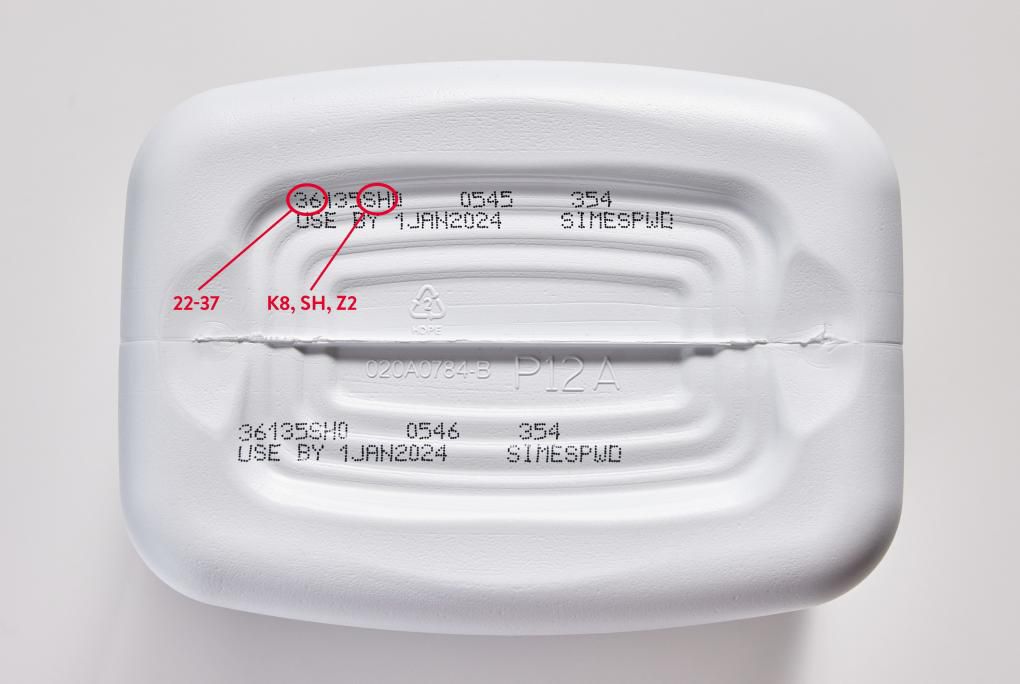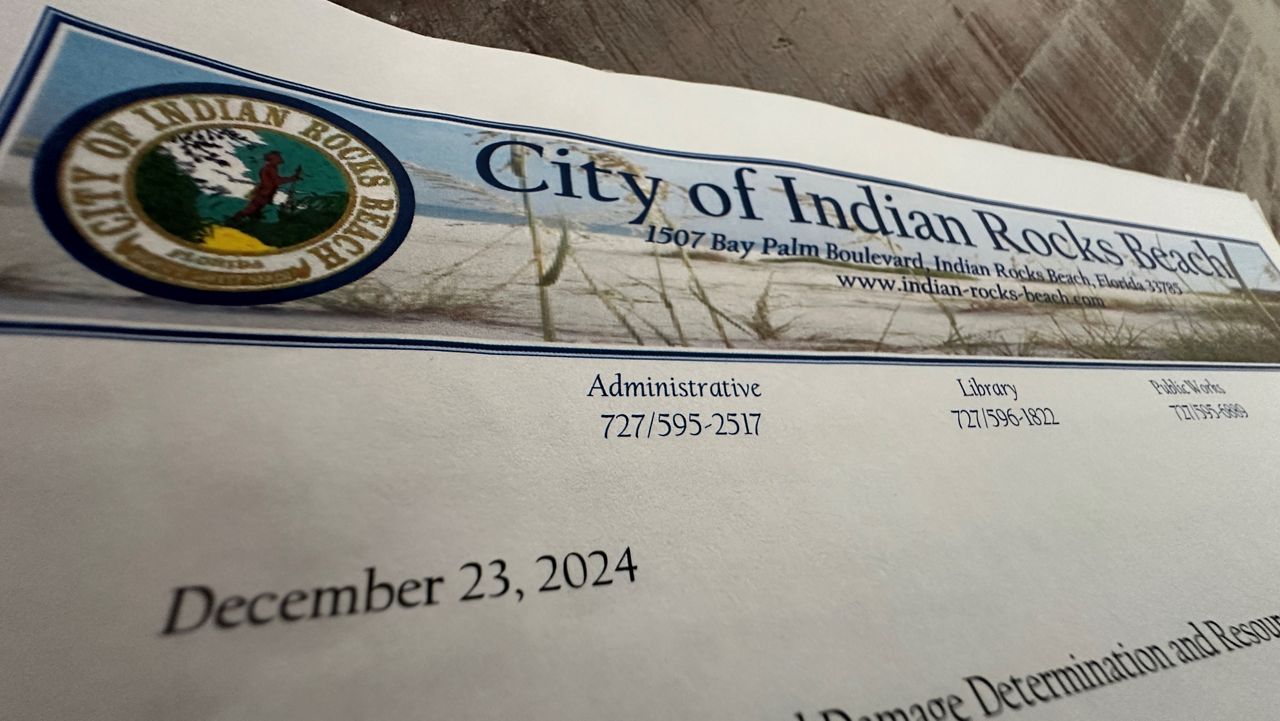The CDC announced Thursday that it has closed its baby formula investigation due to contamination concerns, with no additional cases identified as part of the investigation, according to the FDA's website.
What You Need To Know
- The CDC announced that it has closed its baby formula investigation due to contamination concerns
- No additional cases have been identified as part of the investigation
- Although the investigation has come to an end, baby formula shortage problems continue to remain, and the recall is still in effect
- The FDA says parents and caregivers should never dilute infant formula and should not make or feed homemade infant formula to infants
There has been a short supply of baby formula nationwide for months, due to pandemic-related supply chain issues. That shortage then reached crisis levels after four children became sick, and two died, after suspected bacterial contamination of formula which originated from Abbot Nutrition’s formula plant in Sturgis, Michigan. The FDA's Coordinated Outbreak Response and Evaluation (CORE) Network, along with the CDC and state and local partners investigated the issue.
According to the FDA, CORE is no longer investigating the incident, but the FDA established an Incident Management Group (IMG) on April 1, to continue to work on supply chain and food safety issues.
However, although the investigation has come to an end, baby formula shortage problems continue to remain around the country, and the recall is still in effect.
The FDA is warning consumers not to use recalled Similac, Alimentum, or EleCare powdered infant formulas. Products that have been recalled can be found by the 7 to 9 digit code and expiration date on the bottom of the package (see image below). Products are included in the recall if they meet all three conditions listed below:
- the first two digits of the code are 22 through 37 and
- the code on the container contains K8, SH, or Z2, and
- the expiration date is 4-1-2022 (APR 2022) or later.
_(2))
)

In addition to products with the above descriptions, Abbott Nutrition has recalled Similac PM 60/40 with a lot code 27032K80 (can) / 27032K800 (case). As of now, Similac PM 60/40 with lot code 27032K80 (can) / 27032K800 (case) is the only type and lot of this specialty formula being recalled. Additional recall information for the initial recall is available on the FDA website. The FDA says parents can also enter their product lot code on the company’s website to check if it is part of the recall.
Liquid formula products are not included in the recalls.
The FDA says parents and caregivers should never dilute infant formula and should not make or feed homemade infant formula to infants. It is also important to avoid buying imported formula through online sales, as it has the potential to be counterfeit.
Contact your child's healthcare provider for recommendations on changing feeding practices if you are unable to find your regular formula.
For those who get infant formula through WIC, which is a federal program similar to food stamps that helps women, infants and children, do not throw the formula out. Instead, you should bring it to the store for a refund and exchange or call the company at 1-800-986-8540 for assistance. WIC recipients should be able to get a different brand of similar formula. Contact your local WIC clinic for additional information. Also see:
More information on Cronobacter and infant formula is available on CDC's website.








